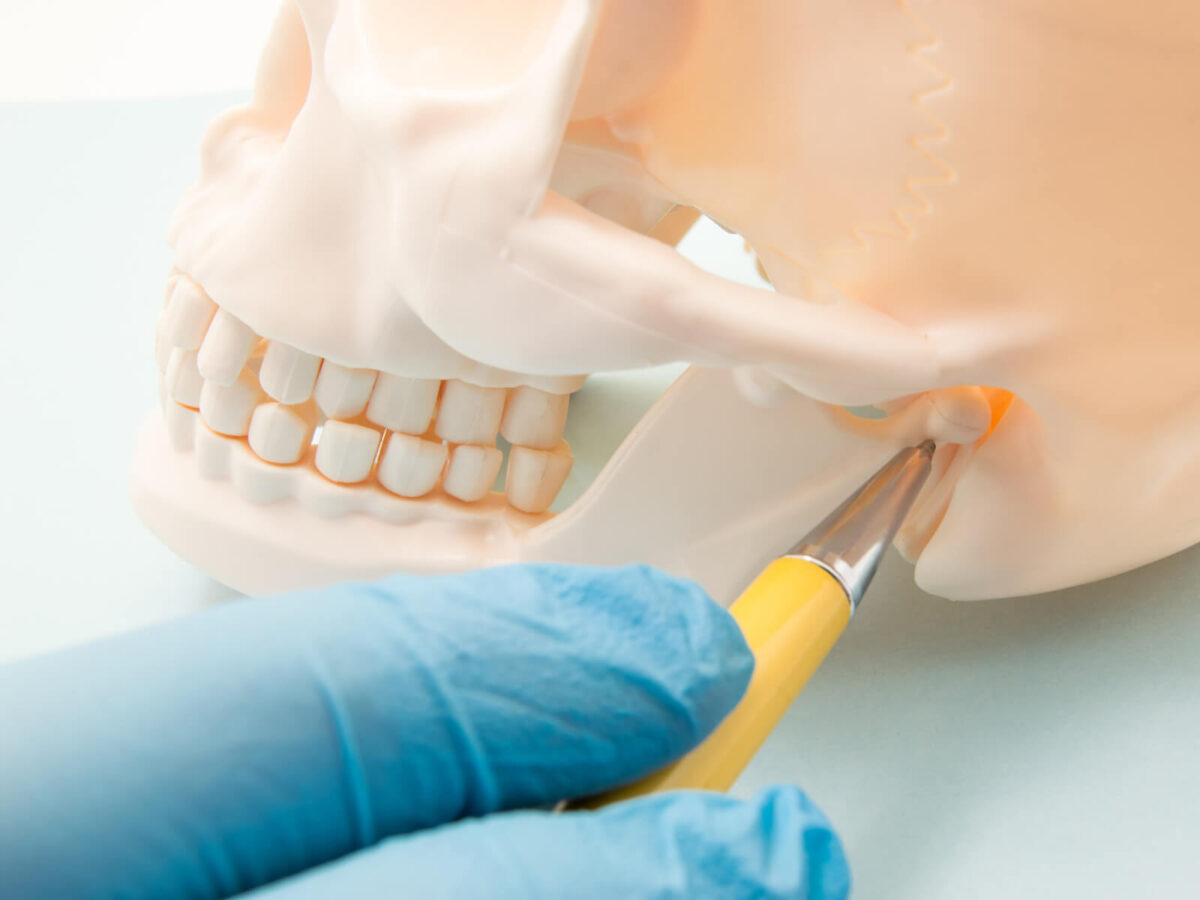Blog
Dental hygiene tips for healthy teeth & gums

Understanding TMJ Disorder: Causes, Symptoms, and Diagnosis
Your jaw isn’t something you think about—at least, not until it starts bothering you. Maybe it begins with a faint clicking sound when chewing gum or biting into a sandwich. Maybe your jaw freezes mid-yawn and won’t budge for a second.
It starts subtly—maybe your jaw feels a little off, like it’s putting in more effort than it should just to do something simple. Over time, that mild tension builds into a nagging tightness. Before long, your jaw’s feeling overworked, like it never really gets a break. Maybe it happens during lunch, maybe at the end of a long day. Whatever the case, it throws you off. And yes, it is easy to brush it off until it keeps happening frequently.
This is exactly the kind of issue a skilled Benbrook Dentist, TX, can help you with. But before you make that call, it’s worth understanding a few basics: what might be causing the pain, how to recognize the signs, and what the diagnostic process looks like.
What Is TMJ Disorder?
That little spot near your ears where your jaw moves? That’s your TMJ (temporomandibular joint). Most of us don’t realize it, but you are using it all day long—talking, biting into stuff, yawning like crazy in morning meetings. So when something goes wrong, it can make daily life a lot less comfortable.
TMJ disorder begins when the joint stops working the way it’s supposed to. It could be the joint itself, the muscles around it, or the way your teeth fit together. The signs are often subtle at first — a little ache, a small click — but they can add up.
Common TMJ Disorder Causes
In most cases, it’s a mix of many factors. You have got a bit of control over a few of them; others, not really.
Here’s what often leads to TMJ trouble:
Teeth Grinding or Clenching
A lot of people deal with it, especially when they’re asleep. People clench their jaws in their sleep. Some even do it during a stressful job phase — and don’t even realize it. This constant pressure wears down the joint.
Stress
When stress builds up, so does jaw tension. That subconscious clenching throughout the day or night contributes directly to TMJ jaw pain. It’s like your body is holding on tight to things without asking your permission.
Poor Bite Alignment
When your bite is off, your jaw ends up doing extra work just to move or break down food. Over time, it damages your TMJ. A Benbrook Dental Office, TX, will often check your bite first when TMJ symptoms appear.
Arthritis
Yes, arthritis can affect the jaw just like it affects your knees. It can break down the cartilage in your TMJ, which makes movement painful or stiff.
Past Injuries
Maybe you hurt your jaw a few years back and thought it was no big deal. But now, out of nowhere, that old injury could be creeping back in, stirring up new trouble.”
What Does TMJ Disorder Feel Like?
TMJ pain can be different for every individual. You might feel it more in the mornings, or maybe after chewing something tough. Here’s what people typically report:
- Jaw pain or tenderness
- Clicking or popping when you open/close your mouth
- Limited jaw movement
- Discomfort around your ear or along the side of your face.
Frequent headaches (especially around your temples) - Feeling like your jaw isn’t sitting right
Pain doesn’t always stay in your jaw. It can reach your neck or shoulders, making diagnosis tricky.
Getting Diagnosed at a Benbrook Dental Office TX
If any of that sounds familiar, it’s probably time to see your Benbrook Dentist, TX. They’ll walk through a few steps to figure out if TMJ disorder is really what’s going on.
1. A Chat About Your Symptoms
They’ll ask when it started, what makes it worse, whether you grind your teeth, and so on. Not knowing everything is absolutely fine.
2. Physical Exam
Your dentist might press around your jaw as you move it, listening for pops or clicks and asking if anything hurts. They’ll also measure how wide you can open it.
3. Bite Analysis
Your bite (how your teeth fit together) plays a big role. If your teeth are misaligned, that might be throwing off the joint.
4. Imaging (if needed)
X-rays or even an MRI might be recommended to take a deeper look at the joint itself.
Why Early Diagnosis Matters
It’s tempting to ignore it. But waiting can make it worse. TMJ issues don’t usually fix themselves. They may come and go, but if left untreated, they can become chronic.
Pain can also start affecting your sleep, your eating habits, and your mood. The longer it goes on, the more complex the treatment becomes.
If you’re dealing with TMJ jaw pain, Benbrook Dental Office, TX has all the tools to spot and treat it early.
What Happens Next?
How it’s treated depends on what’s behind it. You might need a mouthguard for nighttime grinding, or maybe some physical therapy exercises. In some cases, adjusting the bite or using stress management techniques makes a big difference.
The key is getting a proper diagnosis. That opens the door to targeted treatment instead of just guessing.
Final Thoughts
TMJ issues don’t always hit you all at once. It might be just a small click or pressure you ignore. Then suddenly, you’re skipping crunchy foods or rubbing your jaw at your desk without thinking about it. It creeps in slowly. Before you know it, it’s just something you’ve gotten used to. But you are not alone in this.
Talk to your Benbrook Dentist TX. They’ll help you understand the TMJ disorder causes, rule out other issues, and get you back to feeling normal again. Your jaw does a lot for you — take care of it in return.


